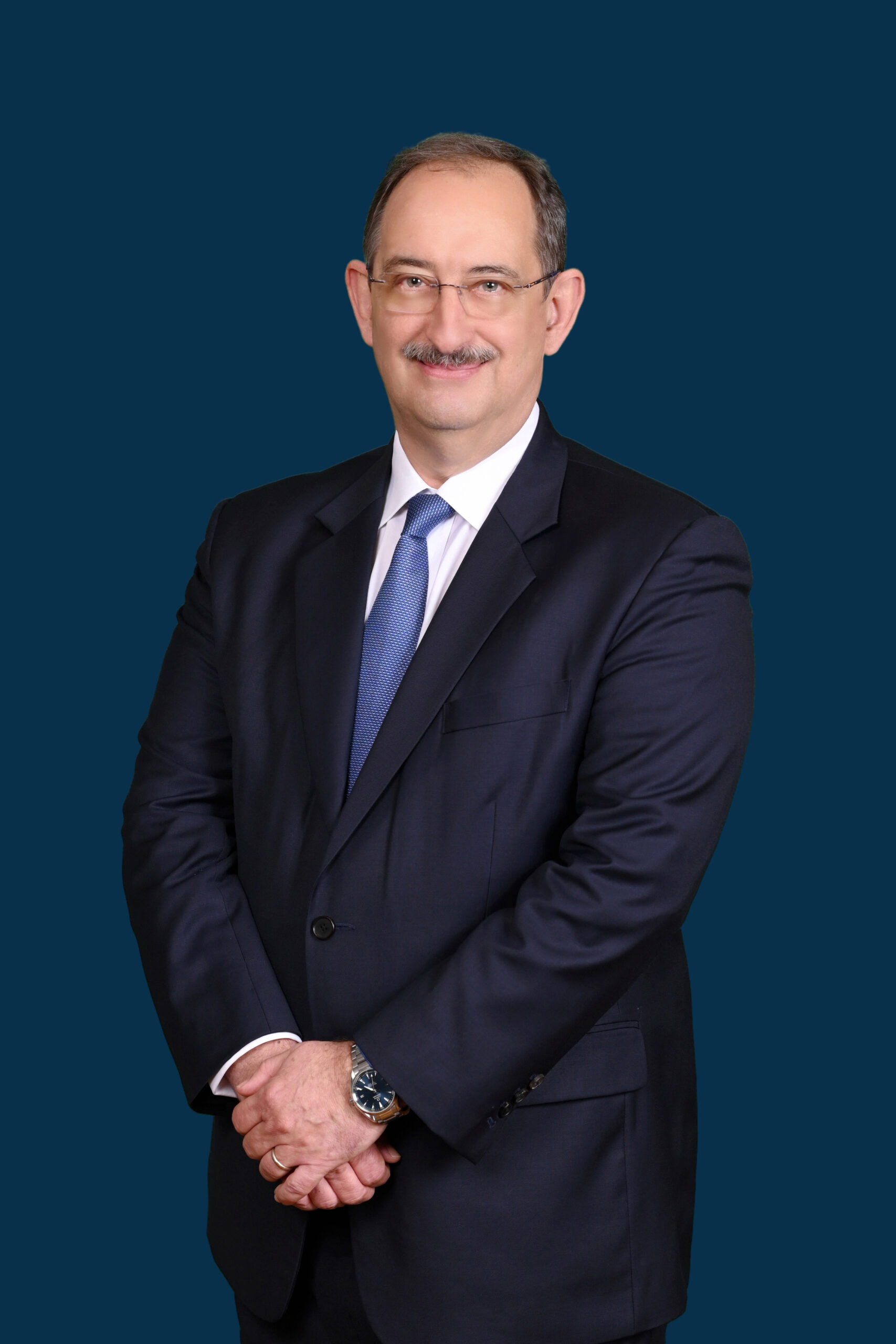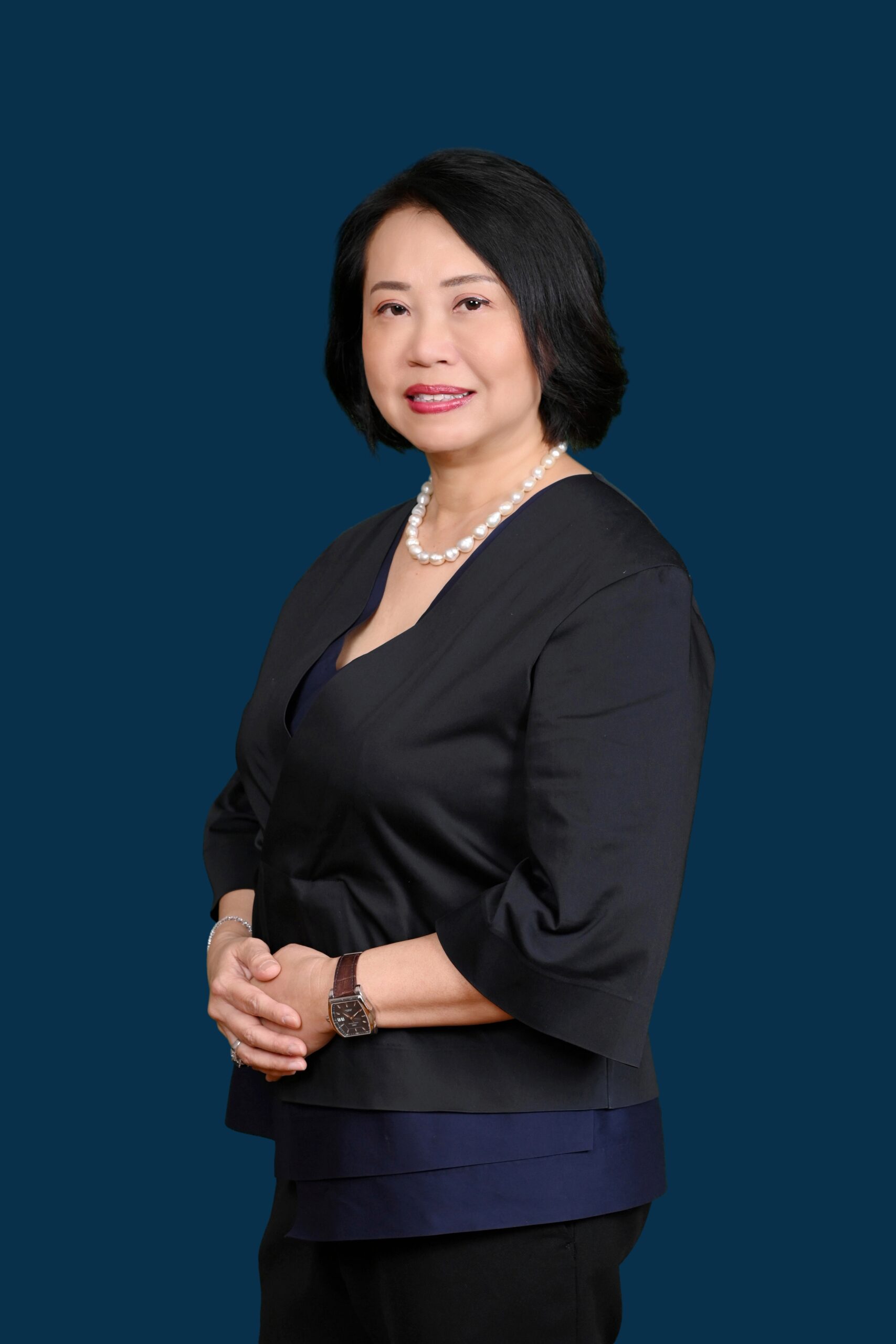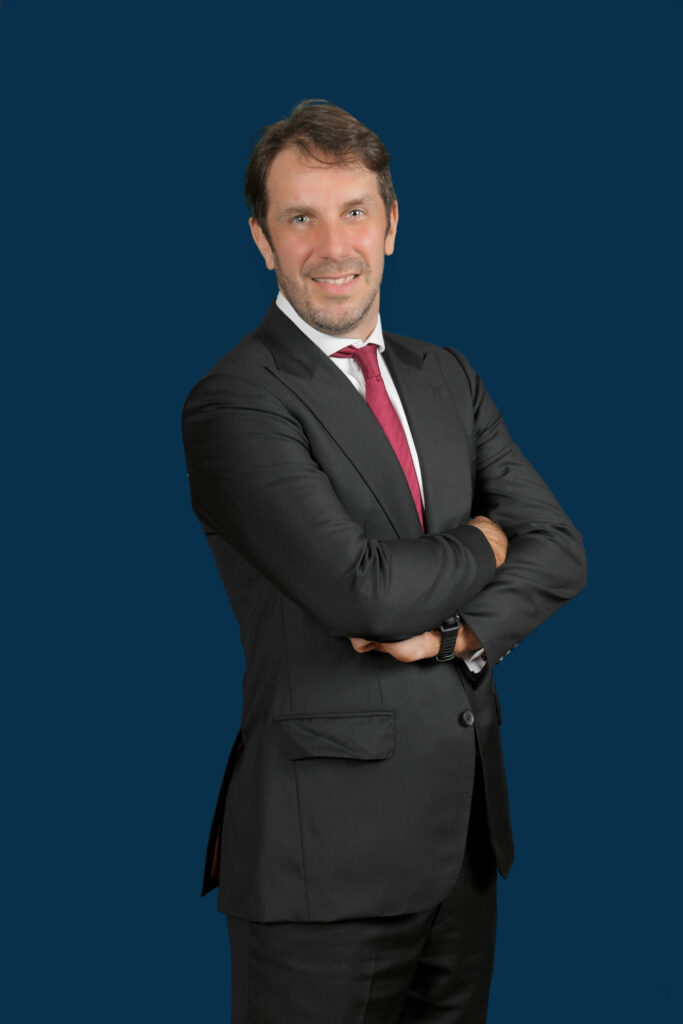Maritime is home to a diverse group of sectors—maritime law being a key pillar in this ecosystem. Commonly perceived as a “dull” industry, the Singapore Maritime Foundation (SMF) seeks to address these misconceptions.
In the Maritime Lawyers series, SMF will tackle commonly asked questions and obtain our answers straight from the horse’s mouth, from maritime law practitioners. For the first feature, we sat down with Jade Chia, an associate with the Marine, Trade and Energy team at Hill Dickinson. Having a background in litigation, we spoke on her motivations behind specializing in maritime law early into her career, what excites her about the industry and the misconceptions that accompany it.
How I got into shipping was rather fortuitous.
In year 3 of law school, we had the flexibility of choosing law electives. There was a maritime law module that I took out of curiosity, and which I really enjoyed. I later secured my training contract with Oon and Bazul LLP, a firm which was very much shipping-focused at that time. While I received some advice cautioning against starting out in such a niche legal practice, there were also advantages in specializing in a specific area of law from the outset which resonated with me.
As such, I wanted to equip myself as best as I could with the relevant legal knowledge of the shipping industry while I was still in school. Fortunately, the National University of Singapore’s School of Law (NUS) offered a few other shipping modules which I spent the remainder of years 3 and 4 completing.
Yes, I think it is undeniable that this area of law, being niche, will lead to concerns about being pigeon-holed in a particular field or industry. As I mentioned earlier, the general advice that undergraduates tend to receive is to start their careers in a more general area of practice to provide optionality before diving into a specific area of law if they wish to do so. To compound the issue, most students do not know much about shipping or maritime law and may be afraid to take up such electives because these modules seem extremely foreign.
However, I have seen newly qualified lawyers start out their careers in shipping and trade teams without having done any shipping or maritime law courses in school, and who are doing a fantastic job. It is therefore not a complete barrier to joining a shipping team or firm if you have not done any shipping law modules in school. Nonetheless, the learning curve may be slightly steeper for a new lawyer who does not have the same level of background knowledge of shipping law or the industry as someone who has taken some of these shipping modules in school.
Once I started working, my interest in this area of law grew and I started enjoying my work more. Also, personally, I think that there is great value in providing a niche legal service, so I have no regrets pursuing a specialist route as compared to a generalist route. This is therefore something that I can envision myself doing in the long run.
As an associate in the shipping and trade disputes / arbitration team, I have a mix of contentious and non-contentious work on my plate. Contentious work includes general advisory work for clients regarding disputes which they are facing from their counterparties and handling arbitrations / court proceedings for clients. Non-contentious work involves reviewing and advising on contracts. Majority of my cases are dry shipping disputes, such as those involving charter parties and sale contracts.
A typical day for me would be managing and preparing for the next steps in the arbitration proceedings which are active and handling any queries from or advice requested by the clients as and when they surface.
It was a case which I was working on when I was a second-year associate if I recall correctly. I had to argue several applications in court against a senior and experienced partner. It was nerve-wrecking and intimidating, but nevertheless an extremely eye-opening experience for me and I learnt a lot.
Definitely. I cannot stress the importance of having a good mentor. Having helpful bosses, seniors and team members is key to one’s transition from school into the working world, as well as one’s growth as a lawyer.
I have personally benefitted greatly from bosses and senior colleagues who have always been ready to teach, help and share their experience with me when I needed it most.
I do not see maritime law as boring. The shipping and maritime field of work is vast and spills over into so many other industries. There are so many types of disputes or issues which can arise and there is always an interesting element in each case such that it would be difficult to be bored. Get into it to find out for yourself!
For schools, I do think that they have already given students the platform to explore by offering various maritime courses. Students will have to put themselves out there and be willing to try new or different things. However, if I were to go back in time as a student, what would entice me to explore maritime law would be for practitioners to come and share their experiences. For example, they can share on the types of disputes and work that they do so that students can get a better idea of the industry.
I would strongly recommend doing internships in teams or firms specializing in shipping and trade to get a glimpse of the industry. You will get the opportunity to find out more about the work, do interesting things such as ship arrests and to discover whether you are a right fit for the team. These will all help a young lawyer to decide where to apply for their training contracts as well.
It would also be very helpful to equip yourself with the relevant knowledge (however general and basic) by taking the shipping and maritime law modules offered by your school. A little help goes a long way.






